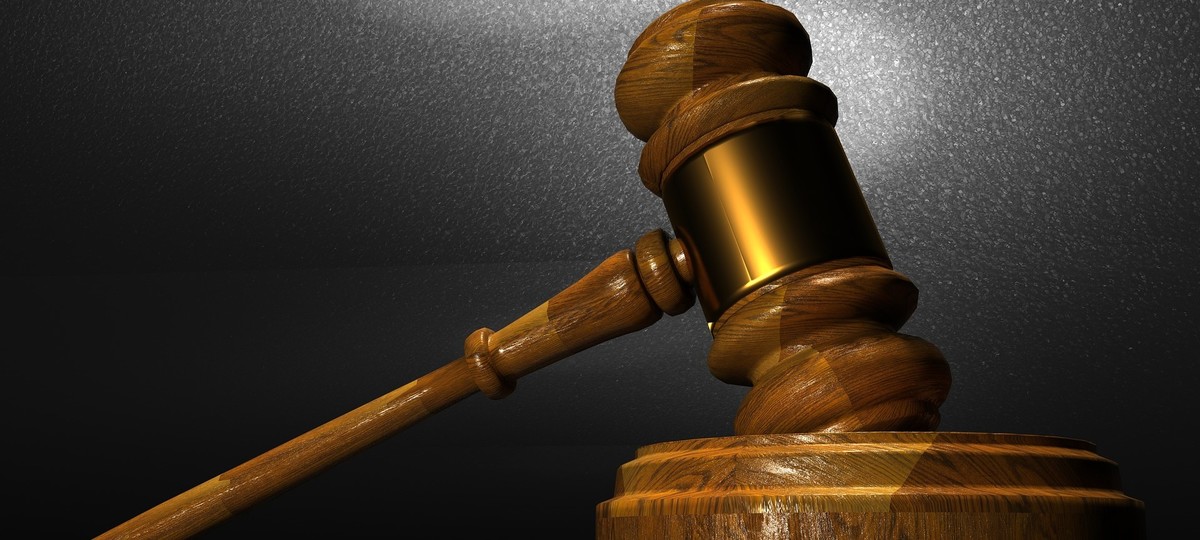
If true, is an impeachable offense?
In 2013, the Federal Election Commission leveled a $375,000 fine against President Barack Obama's 2008 presidential campaign for failing to properly report almost $2 million in 2008 campaign contributions, along with other violations. No criminal prosecutions. Nobody went to jail.
In the case of President Trump's former national security adviser, Michael Flynn, who pled guilty to lying to the FBI, the special counsel recommends no jail time. Flynn, according to the filing, gave the probe "substantial assistance." The filing described Flynn as "one of the few people with long-term and firsthand insight" into Mueller's investigation. But did Flynn give evidence of a Trump "collusion" or conspiracy with Russia to win the election — the purpose the Mueller investigation? So far, the investigation has resulted in the convictions of several Trump associates. Not one of the convictions, however, has had anything to do with a Trump-Russian "collusion."
If the definition of a successful special counsel or special prosecutor is the number of convictions he or she obtains, then the Whitewater investigation into an allegedly crooked Arkansas real-estate deal and a crooked Little Rock bank was an unmitigated success. True, that probe's big targets, Bill and Hillary Clinton, were not charged, but the investigation resulted in 14 convictions, including the then-governor of Arkansas.
Webster Hubbell, Hillary Clinton's former law partner at Little Rock's Rose Law Firm, was convicted. Hubbell, at the beginning of the probe, held the No. 3 position in the Justice Department. He admitted to stealing from clients and partners of his law firm and pled guilty to mail fraud and tax evasion. He was sentenced to 21 months in prison. He was later indicted on an additional 18 charges after resigning from the DOJ. The New York Times reported: "Some money Hubbell received in 1994, for which the prosecutor said he did 'little or no work,' might have been given to discourage him from being more candid with investigators. ... Much of the income Hubbell received in 1994 came from contracts arranged by close friends and supporters of the Clintons, suggesting to investigators that Hubbell may have been given money to discourage him from cooperating with the Whitewater independent counsel's office."
James McDougal, Clinton friend and Whitewater business partner, operated Madison Guaranty Savings and Loan, the bank under investigation. Madison failed in 1989, costing taxpayers $60 million. McDougal was convicted of 18 felony counts related to bad loans made by his bank. After his conviction, McDougal agreed to cooperate with the special prosecutor.
Susan McDougal, James McDougal's former wife, was a partner in the Whitewater land deal and in Madison Guaranty. She was convicted of four felony fraud counts, but refused to cooperate with the Whitewater prosecutors. McDougal was sentenced to 18 months in jail on a civil contempt charge, but still has refused to answer questions before a grand jury. She was later charged with criminal contempt and obstruction of justice. President Clinton gave her a full pardon in the final hours of his presidency.
Hillary Clinton called her husband a victim of a "vast right-wing conspiracy." Bill Clinton adviser Paul Begala called independent counsel Ken Starr "corrupt" and his investigation a "witch hunt" and "a scuzzy investigation" based on "leaks and lies and manufactured evidence." Clinton senior strategist Rahm Emanuel complained of the "partisan pursuit of the president." The difference is that the Whitewater convictions, as opposed to the Mueller probe convictions at this point, specifically related to the purpose of the probe.
Clearly, some Trump associates broke laws, and real-estate developer Trump perhaps made misleading statements about a proposed deal for a real-estate project in Russia. But since virtually every political pundit predicted Trump's landslide defeat in 2016, why the surprise that Trump was simultaneously working on his next act? As for the accusation that Trump directed Cohen to make payments to prevent his relationships with Daniels and McDougal from coming to light during the campaign, what happened to the Bill Clinton defense — "Everybody lies about sex"? Trump critics simultaneously called him an idiot and the conductor of a scheme intended to break campaign finance laws by using his own money to pay off mistresses.
The Department of Justice's Office of Legal Counsel, in 2000, wrote, "The indictment or criminal prosecution of a sitting President would unconstitutionally undermine the capacity of the executive branch to perform its constitutionally assigned functions." The recourse is impeachment and then removal from office, following a trial in the Senate. Unless the Mueller report contains a lot more than what we know, so far, neither is likely.
(COMMENT, BELOW)


 Contact The Editor
Contact The Editor
 Articles By This Author
Articles By This Author